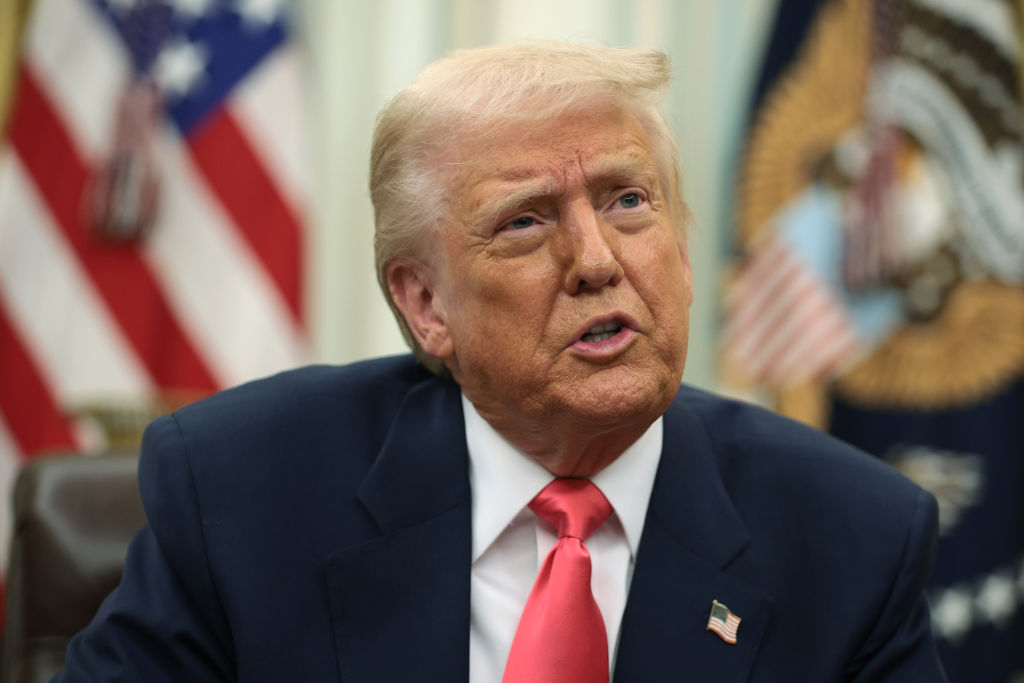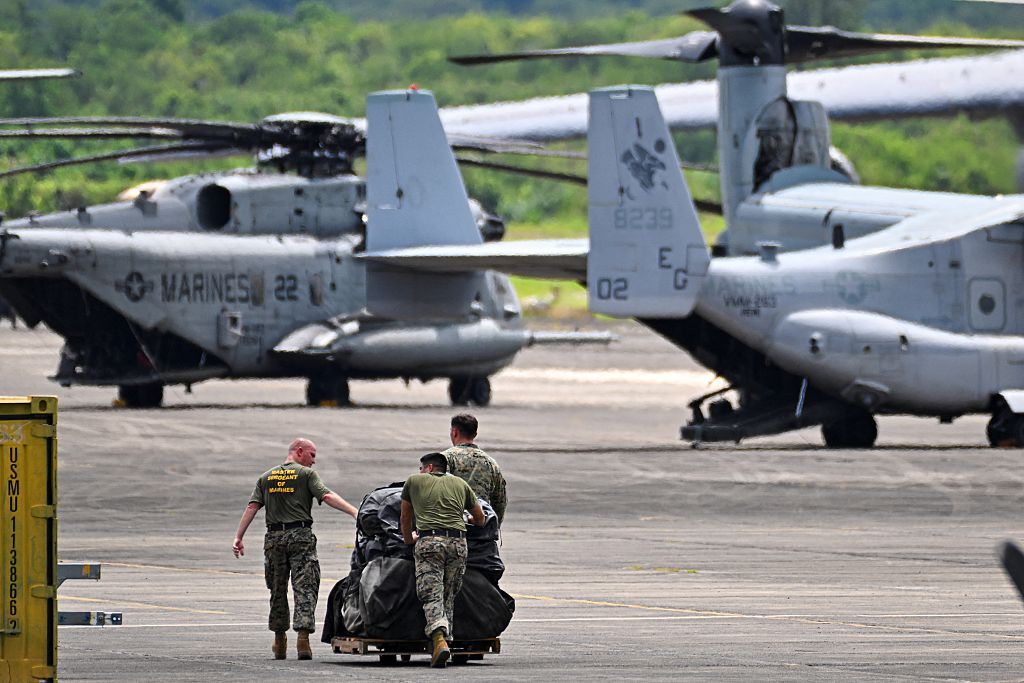Martin Suarez’s Inside the Cartel is part confession, part war chronicle, and part emotional autopsy of a man who spent years on the edge of death in order to bring the world’s most ruthless drug syndicates to their knees. It is not your average true-crime memoir. There are no cheap thrills, no voyeuristic obsession with gore, no Netflix shine or studio gloss. Instead, Suarez offers something far more dangerous: the truth. In the world of cartels, after all, the truth is synonymous with death.
Inside the Cartel is not an easy book to read, nor is it meant to be. It opens with a gun pressed to the back of the author’s head and never really lets the reader exhale after that. Suarez’s prose is tight, muscular and cinematic without straying into melodrama. His storytelling is precise, even surgical. But it’s the content that burrows under the skin.
His kids grow up without him while he plays cat-and-mouse with men who would slit his throat without blinking
Suarez, a former deep-cover FBI agent, spent years embedded within the Medellín and Cali cartels under the guise of “Manny,” a trafficker with nerves of steel and a contacts database that stretched from Boston to Bogotá, Houston to Honduras. From the get-go, we are submerged in a world where gifts come wrapped in ribbons but conceal bundles of blood-soaked cash; where priests double as witch-doctors and bless bricks of cocaine with Santería rituals; where staying alive means watching everything, all the time.
The narrative is propelled by events so insane they’d be unbelievable if they weren’t meticulously documented. There are airdrops of cocaine over the Caribbean, bales of dope hitting the sea “like refrigerators falling from the sky,” smuggling vessels rigged with covert surveillance, and multimillion-dollar busts that feel like heists on the high seas. But beneath the adrenaline is something more poignant: a man torn in half. One part federal agent, another part family man, all parts haunted.
And here lies the real strength of the book: its heartfelt honesty. Suarez isn’t writing from the vantage point of victory. He’s writing from scar tissue. Again and again, he returns to the tension between duty and family. The phone calls to his wife Maria, in which he promises to be home and disappoints her, time after time. The guilt of missing holidays. The knowledge that his kids are growing up without him while he plays cat-and-mouse with men who would slit his throat without blinking.
“I always had to be available for the cartel, day or night,” he writes, “which meant I always had to be Manny.” Though it sounds like a Hollywood cliché, the agent torn between the job and his family, this isn’t some slick action script. There’s no fairy tale here. Just a man trying to be both a parent and a pretender, and failing at the former because he’s too good at the latter. This isn’t True Lies. It’s true life. And in true life, the spy doesn’t save the day. He just misses dinner. Again.
Some of Suarez’s best passages don’t involve bullets or bricks of cocaine. They involve the quiet, stomach-knotting moments between operations – the decompression after a raid, the sleepless nights in a safe house, the fake apartment that “felt small and lonely… as if basked in disappointment.” This is the mental toll of undercover work, rarely acknowledged, almost never admitted in law-enforcement memoirs. Suarez, to his credit, lays it bare.
But that internal exposure never devolves into self-pity. The book maintains a clear-eyed realism. He doesn’t glamorize undercover work, nor does he posture as a martyr. Being an undercover FBI agent, especially back then, during the heyday of the craft –where many of the policies and procedures of becoming someone else to catch criminals were being written on the fly – “required more courage than most men possessed,” he says, and it’s hard to argue.
The work was so dangerous that agents wore wires, knowing that their discovery meant a brutal death. When Suarez recounts the moment a hitman cornered him at gunpoint outside his home, the tension is more existential than physical. “I couldn’t let myself die like a dog,” he writes – and you believe him.
There’s a sure-footed rhythm to the writing. The narrative moves between fact and introspection without ever feeling forced. Suarez fakes a seizure to earn the cartel’s trust; it’s a bold move in a world where hesitation means death. But every decision, great and small, carries weight. He doesn’t describe the pressure, but drags you into it. He plays egos off against each other, builds intrigue through lies, and slips through the cracks of bureaucracy. This is more than enforcement; it’s psychological combat.
The prose, for the most part, remains efficient and gripping. Suarez writes with the clipped precision of a man trained to observe, not embellish. Descriptions are sharp, almost journalistic, but layered with emotional resonance. Even something as banal as smuggling logistics takes on an eerie intensity when you know one wrong move could mean dismemberment in a sugarcane field.
Inside the Cartel does, however, have its weaker moments. Some chapters slow down unnecessarily, weighed down by exposition or tangents that feel like post-operation briefings rather than storytelling. There’s a slight bloat in the middle when Suarez transitions into his role as a money launderer for the North Coast Cartel. While the information is essential, the pacing stutters. You begin to feel the drag of detail while the drama that powered the earlier sections starts to wane.
It’s here that the futility of what he is doing begins to surface. Suarez nods toward it – the endless cycle of cartels, the revolving door of players and product – but never fully engages with the system that makes the whole thing feel unbreakable.
There are scattered allusions to the scale of the drugs trade and the sheer volume of cocaine flowing through the Caribbean, but little examination of what these dangerous busts actually accomplished beyond the headlines. He documents the seizure of $500 million of cocaine, for example, an extraordinary tactical win, but does not explore what it means strategically to remove one shipment while ten more arrive via a different route. The operation is a triumph. The war, however, continues.
Suarez never pauses to consider how American demand fuels this entire machinery. Or how US policy – militarized, punitive, often myopic – creates the very black markets it then wages war against. There’s no reference to the cyclical nature of interdiction followed by adaptation, and some commentary would have been welcome on the staggering prison populations back home, or the communities in Latin America ravaged not just by cartels, but by corrupt governments emboldened by US funding.
Granted, Suarez isn’t a think-tank analyst; he’s a soldier. His task was to build a legend, earn trust and survive. But for readers looking for a deeper exploration of how all this knotty tension fits into the larger drug war narrative, the memoir can feel narrow. There’s no moment of moral reckoning about whether the ends justified the means, or if the means made any long-term difference. He reflects on the personal cost, yes, and does so effectively.
The wider geopolitical absurdity also goes unexplored. A few lines about the structural difficulty of the “War on Drugs” – the way it fuels demand, fortifies cartels and scapegoats the powerless while banks launder billions undetected – would’ve added weight. The cartels Suarez helped dismantle weren’t defeated but rebranded, with new bosses, new routes and new logos inked on the same bags of white powder. The machine didn’t break, it evolved. Moreover, Suarez is very much the hero of his own tale. That’s understandable; the man risked his life countless times. But at points the self-mythologizing edges toward overkill. One wishes he’d let others speak more or included more external perspectives, even if the identities of those speaking had been disguised for safety. The absence of dissenting voices means we must take his interpretation at face value. Again, this is a memoir, not a biography. But the lack of narrative checks can give parts of it the feel of a solo mission, when in truth, these operations were executed by large, complex teams.
Still, the book’s climax – an elaborately staged multimillion-dollar cocaine bust executed under the pretense of a successful smuggling operation – is a masterclass in tension. The FBI essentially lets Suarez complete the entire mission: pick up the drugs, coordinate distribution, and then, at the last moment, let the trap spring. The cartel walks straight into it. The final raid reads almost like a tactical thriller.
However, if you were hoping for a happy ending, you’ll be disappointed. The operation succeeded, yes, but at great personal cost. Suarez never gets to return to being just “Martin.” The ghost of Manny lingers. Even years later, he knows that “the cartel never forgets.” That line sticks with you. By the end of the book, you understand something rather sobering: Suarez didn’t just infiltrate the cartel. The cartel, in return, infiltrated him. It rewired his brain, restructured his life and fractured his family. And yet, he did it willingly.
Inside the Cartel is many things: a true crime epic, a psychological case study, a blueprint for undercover operations and a portrait of a man at war with who he has become. But more than anything it is a chilling testimony to the terrifying, thankless work of those who live in moral gray areas, sacrificing everything for the safety of others.
Suarez was never just pretending to be a criminal. He was walking a fine line between concealment and exposure, every day, for years. And when he finally stepped off the treadmill, the scars were permanent. If you’re looking for another cops-and-cartels potboiler, this isn’t it. This is the real thing. It’s gritty, haunting, and, despite its flaws, certainly worth your time.
This article was originally published in The Spectator’s October 27, 2025 World edition.


























Leave a Reply